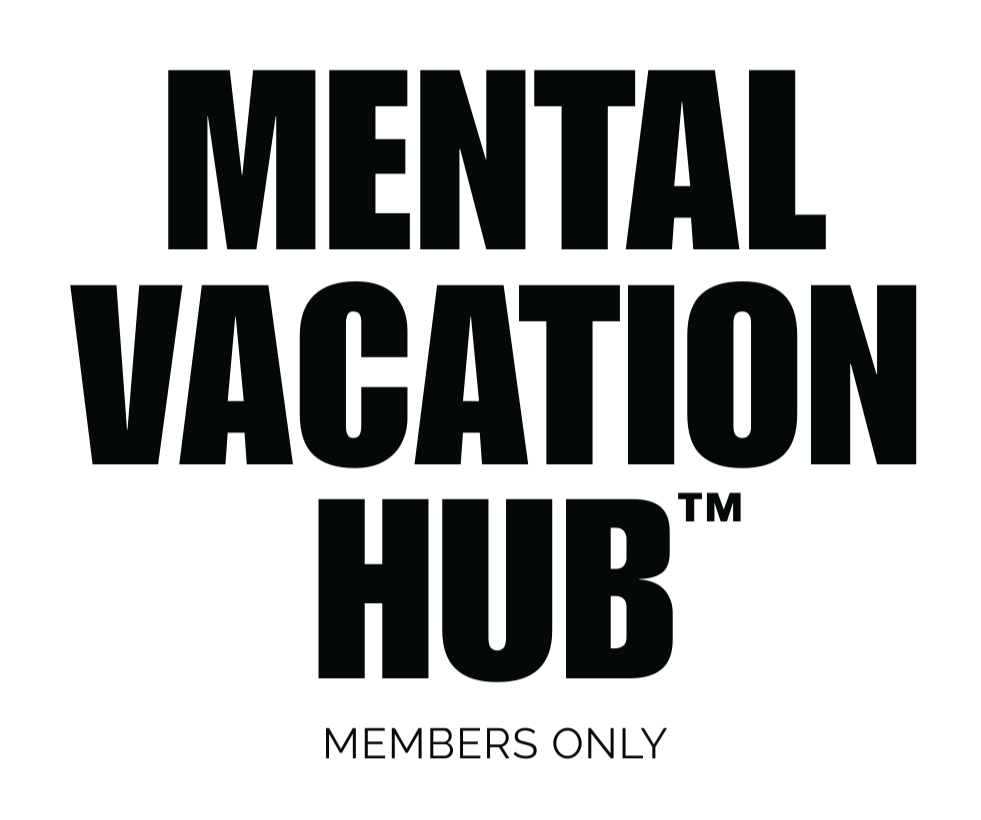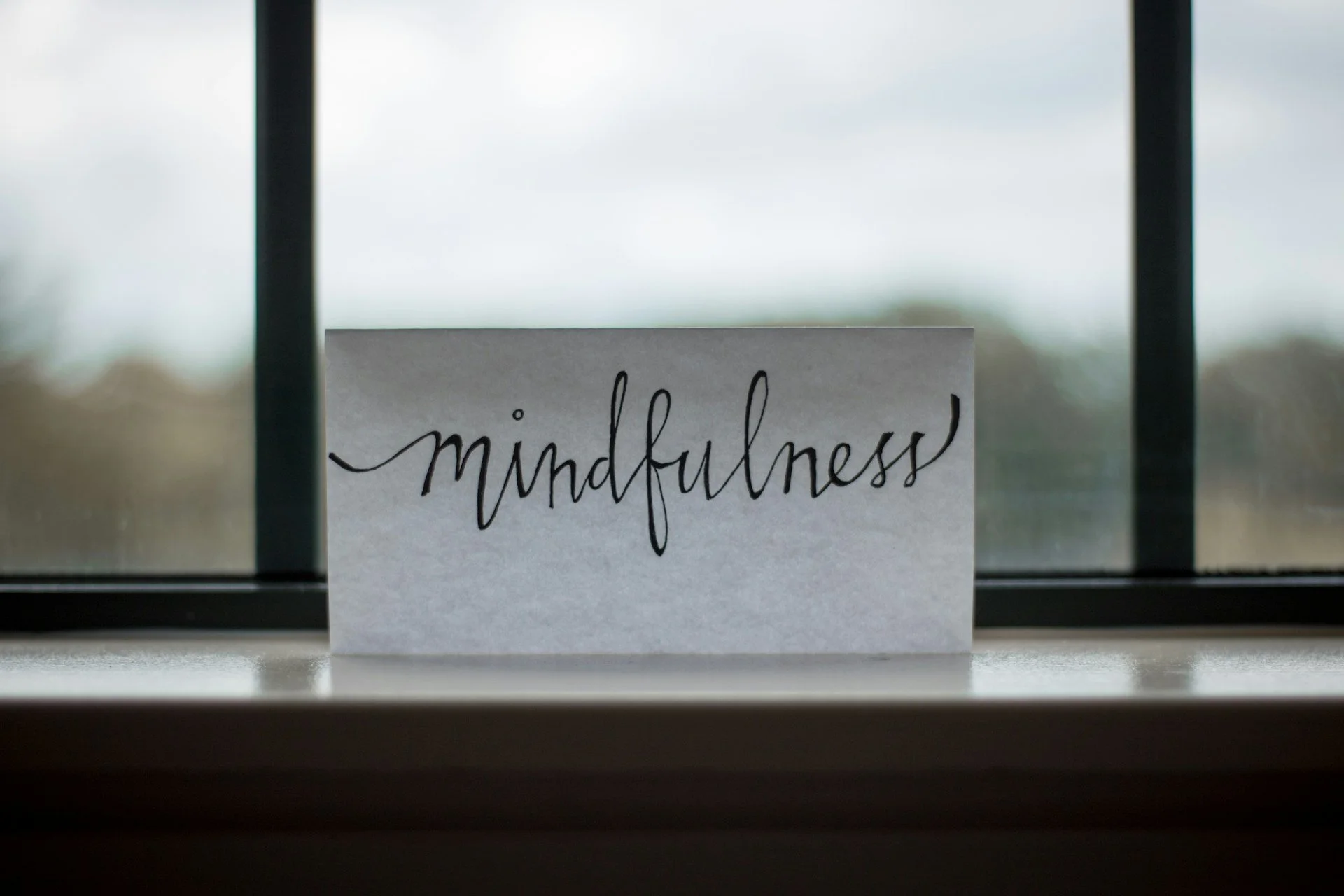How to Build Meaningful Connections During Burnout Recovery
Burnout erodes the social connections that once sustained you.
Work consumed everything. Friendships faded. Invitations stopped arriving. By the time you acknowledge the burnout, you often find yourself completely alone.
Here's the paradox: recovery demands connection, yet connection feels impossible. You've forgotten how to make friends. You don't know where to find people who truly understand. Social situations trigger exhaustion and anxiety. The isolation that burnout created now blocks the very connection your recovery requires.
This guide will show you how to rebuild your support system from the ground up.
You'll discover where to find your people, how to start genuine friendships, and how to connect authentically without depleting your already limited energy reserves.
Identify the Support You Actually Need
Before you search for people, get clear on what kind of support will genuinely help you recover.
Recognize Different Types of Support
Different relationships serve distinct purposes in your recovery:
Emotional support: People who listen without judgment and validate your experience
Practical help: Those who assist with tasks when you're overwhelmed
Accountability: Friends who gently keep you on track with recovery goals
Companionship: People who simply enjoy being with you without demanding high energy
Understanding what you need helps you identify where to look and what to ask for.
Distinguish Professional from Peer Support
Therapists and coaches provide expertise and structure.
They address clinical and strategic aspects of recovery. Peers provide understanding and shared experience. They address emotional and social aspects.
You need both, but they serve different roles in your healing journey.
Prioritize Depth Over Quantity
One or two deep friendships support recovery far better than dozens of shallow connections.
Quality relationships where vulnerability feels safe matter more than large social networks. Recovery doesn't require popularity.
It requires being truly known.
Accept That Support Needs Evolve
Early recovery might demand people who understand crisis and can hold space for intense emotions.
Later stages might need people who support rebuilding and forward momentum. The same people might not serve all stages.
This shift is completely normal.
Let Go of Relationships That No Longer Fit
Some friendships were built around work identity or high-energy activities.
Those relationships might not survive the changes burnout creates. Grieve these losses while building new connections.
This process is part of recovery, not a failure.
Discover Where Your People Gather
Finding people who understand requires going to places where those people naturally congregate.
Join Burnout and Recovery Support Groups
Online communities like Reddit's r/burnout or Facebook groups for burnout recovery connect you with people who share your experiences.
These spaces offer validation and practical advice from those who've walked this path. Anonymity makes vulnerability easier initially.
Participate in Therapy Groups
Many therapists offer group therapy for burnout, anxiety, or life transitions.
These groups provide professional facilitation while building peer connections. The structure makes participation easier when unstructured social situations feel overwhelming.
Explore Professional Association Wellness Programs
Industry-specific groups for healthcare professionals, lawyers, consultants, or executives often offer burnout support.
These groups understand profession-specific pressures. The shared professional context creates immediate common ground.
Volunteer for Meaningful Causes
Choose volunteer work that feels meaningful to you.
Working alongside others toward a shared goal builds relationships without the pressure of forced socializing.
The focus on the work rather than personal connection often feels easier during recovery.
Take Classes and Workshops
Enroll in a class that interests you.
Regular contact with the same people creates natural opportunities for connection. The shared learning experience provides built-in conversation topics.
The structure removes pressure to maintain constant conversation.
Attend Interest-Based Meetups
Book clubs, hiking groups, meditation groups, or hobby-based meetups connect you with like-minded people.
These groups provide low-pressure social interaction focused on the activity rather than personal disclosure.
Research from the National Institutes of Health confirms that social connection significantly improves mental health outcomes and accelerates recovery from stress-related conditions like burnout.
Start Conversations and Build Friendships
Knowing where to find people is one challenge.
Actually talking to them and building real friendships is another.
Begin with Small Steps
Start with low-stakes interactions that don't require deep vulnerability.
Comment in online groups. Ask questions in classes. Make small talk at meetups. These small interactions build comfort before a deeper connection develops. People appreciate genuine interest, so ask about their experiences, perspectives, or interests. This creates connection without requiring extensive self-disclosure.
Listening well builds trust faster than talking about yourself.
Early conversations don't require explaining your entire burnout story. Share small pieces of experience to test whether the person is safe before going deeper.
Increase vulnerability as trust builds naturally. Connection happens more easily with people who understand your context. Someone who's experienced burnout will understand in ways others can't. Someone who values rest and boundaries will support your recovery better than someone who glorifies overwork.
If your energy is limited, say so directly
"I'm recovering from burnout, so I have limited energy, but I'd love to connect briefly" sets realistic expectations.
Most people appreciate honesty more than pretending to have a capacity you don't have. If a conversation feels good, suggest continuing it. "I really enjoyed talking with you. Would you want to grab coffee sometime?" Many people want connection but won't initiate.
Your willingness to suggest next steps creates opportunities.
Move from Acquaintance to Friendship
Moving from acquaintance to friendship requires intentional effort, especially when energy runs low. Regular brief contact builds friendship better than occasional intense interaction. Weekly coffee or monthly walks create more connection than one long conversation every few months. Consistency allows relationships to deepen gradually.
Make specific plans rather than vague intentions. "We should get together sometime" rarely happens.
"Would you want to meet for coffee next Tuesday at 10 AM?" is more likely to result in an actual connection.
Specific proposals make follow-through easier. If your energy is limited, suggest walks, coffee, or quiet activities rather than loud restaurants or group events. Choose activities that feel manageable so you can actually enjoy the time together.
Friendship deepens through vulnerability
Share struggles, fears, and authentic experiences to create intimacy.
This doesn't mean trauma-dumping in early conversations. It means gradually sharing more as trust builds. Friendship is also mutual. Ask about the other person's life. Offer support when they're struggling. Show up when they need someone.
Reciprocity builds balanced relationships rather than one-sided support.
Accept that not every conversation leads to friendship. Some people won't be the right fit. This isn't rejection. It's normal sorting to find compatible people.
Keep trying without taking failed connections personally.
Maintain Boundaries While Building Connection
Connection is essential, but so are boundaries.
Recovery requires both. If evening plans exhaust you, say so and suggest morning coffee instead. If weekly meetups feel like too much, suggest monthly. Clear boundaries prevent overcommitting and allow sustainable connection. Saying no to some social opportunities protects energy for the connections that matter most.
Declining doesn't mean rejecting the person. It means managing your capacity responsibly.
If a friendship feels draining, identify why and communicate about it. "I love spending time with you, but I need our conversations to be more balanced" is better than slowly withdrawing.
Direct communication allows addressing problems rather than ending friendships. Even supportive friendships require energy. Schedule alone time and protect it fiercely. This ensures that social connection doesn't undermine recovery.
Friends who respect these boundaries are the right friends.
If someone consistently dismisses your needs, pressures you to overextend, or makes recovery harder, that relationship isn't supportive. Protecting your recovery sometimes means ending or limiting relationships that aren't healthy.
This is a necessary part of building a support system that actually supports you.
Choose Between Online and In-Person Connection
Both online and in-person connections offer value during recovery.
Understanding the benefits of each helps you make strategic choices. Online spaces provide immediate access regardless of geography. Time zones don't limit connections. Anonymity can make vulnerability easier.
Online communities are particularly valuable when local options are limited or energy for in-person interaction is low.
Physical presence activates different neural pathways than digital connection. Nonverbal communication adds depth. Shared physical activities like walking create connection through movement.
In-person interaction often feels more satisfying once energy allows it. You can combine both approaches by starting connections online and moving to in-person when you're ready. Use online connection during low-energy periods and in-person connection when energy allows. This creates flexible support.
When in-person isn't possible but you want more connection than text provides, video calls offer middle ground.
Seeing faces and hearing voices creates more intimacy than text while requiring less energy than in-person meetings. Remember that a deep online friendship supports recovery better than shallow in-person acquaintances.
The medium matters less than the quality of understanding and support the relationship provides.
Frequently Asked Questions
How do you make friends when you have no energy for socializing?
Start with very small, low-energy interactions.
Online comments, brief messages, or short walks all count. Choose one or two potential friendships to invest in rather than trying to build many connections simultaneously. As your energy increases, your social capacity will too.
Prioritize quality over quantity and accept that friendship-building during recovery moves more slowly than usual.
What if you're too ashamed of burnout to talk about it?
Many people in recovery feel shame about burnout.
Find communities where burnout is normalized to help reduce this shame. Start with anonymous online spaces that allow discussing burnout without personal identification. As shame decreases through connection with others who understand, sharing becomes easier.
Remember that burnout is common among high-achieving professionals and nothing to be ashamed of.
How do you rebuild old friendships that faded during burnout?
Reach out honestly. "I realize I've been absent during a difficult period. I'd love to reconnect if you're open to it."
Some friendships will resume. Others won't, and that's okay. People's lives change. Focus on friendships where both people want to reconnect rather than trying to force relationships that no longer fit.
What if social anxiety makes reaching out terrifying?
Start with the lowest-stakes options.
Commenting in online groups requires less vulnerability than direct messages. Attending group activities requires less than one-on-one meetings. Build tolerance gradually. Consider working with a therapist on social anxiety while building connections.
Remember that most people appreciate being reached out to and are less judgmental than anxiety suggests.
How long does it take to build real friendships during recovery?
This varies widely.
Some connections develop quickly when there's strong compatibility. Others take months or years to deepen. Expect friendship-building to take longer during recovery because energy is limited. Focus on consistency rather than speed.
Friendships that develop slowly often become the deepest and most lasting.
Take Your Next Step Toward Connection
Burnout creates isolation that becomes a barrier to the connection your recovery requires.
Start by understanding what kind of support you need: emotional, practical, accountability, or companionship.
Find your community through support groups, therapy groups, professional associations, volunteering, classes, and interest-based meetups. Start conversations with low-stakes interactions, questions, gradual sharing, and honest communication about your capacity.
Build real friendships through consistency, specific plans, appropriate activities, vulnerability, and reciprocity. Maintain boundaries by communicating availability, declining when needed, protecting recovery time, and recognizing red flags.
Both online and in-person connections have value. Quality matters more than medium. Connection is essential for burnout recovery. Finding your people takes intentional effort, but it makes recovery faster and more sustainable.
You don't have to do this alone. Your people are out there, waiting to connect with someone exactly like you.
Learn More About Burnout
Ready to recover? Get Your Burnout SOS Handbook:

Burnout SOS Handbook: Practical steps to understand, survive, and recover from your burnout. Easy to follow - just right for a brain-fogged head. Start your healing today!
Take the Burnout Test
Our 5-minute Burnout Test cuts through the confusion and gives you a personalized snapshot of where you stand and what comes next.
Start the test →





